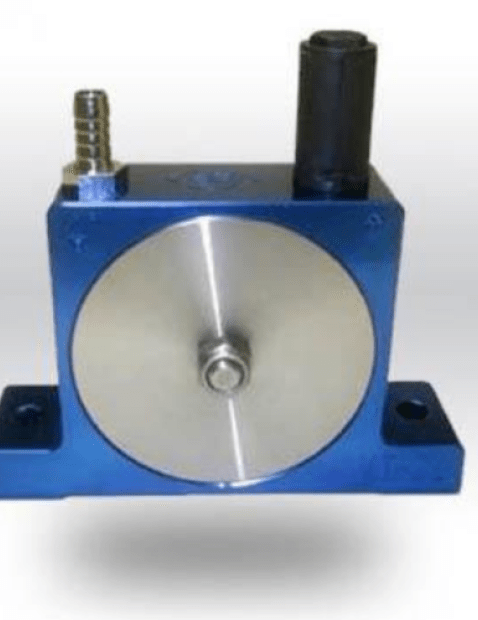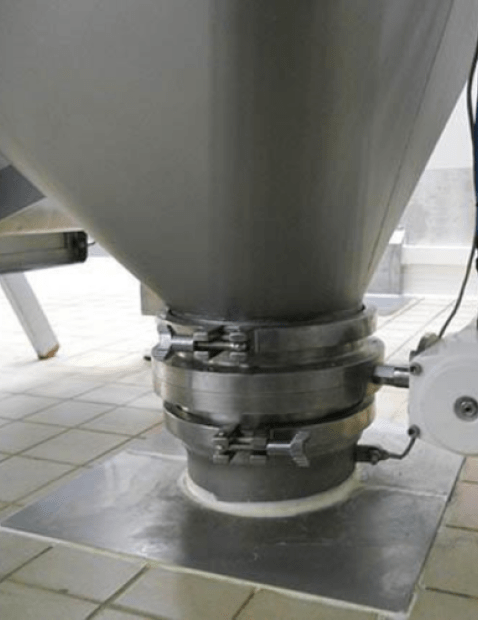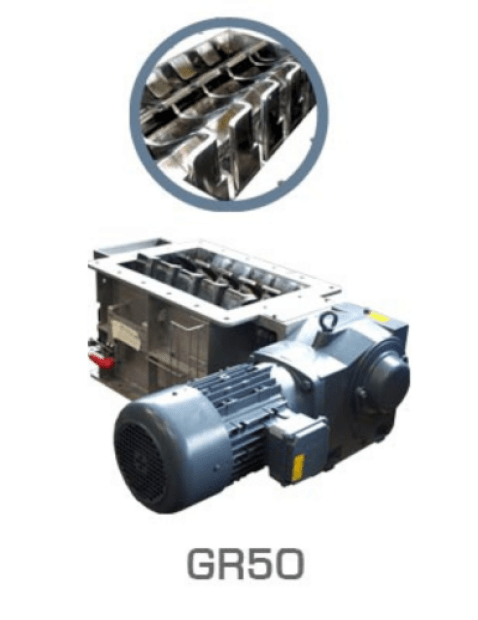
1. In what types of industries is titanium dioxide processed?
The titanium dioxide (TiO2) is used in many industrial applications such as production lines of food additives, cosmetics (toothpaste, lip balms) or pigments.
It is widely used for its properties of absorption of ultraviolet rays and as a food colorant (food additive named E171 in powder form).

2. Is titanium dioxide dangerous (classification)?
Due to its chemical properties, respiratory exposure to TiO2 at a certain level of concentration can lead to pulmonary overload by inhalation.
The classification by the European Commission of TiO2 as a suspected carcinogen (cat. 2) is now official since October 1, 2021.
This classification is limited to its powder form. All products containing more than 1% TiO2 are affected. Part of titanium dioxide is in the form of a nanometric powder and is very volatile.

If your require further assistance,
I am at your entire disposal.
Loïc, powder expert
3. What types of equipment should be put in place?
Manufacturers who produce TiO2 in their process must adapt their equipment to protect the health and safety of their workers. In order to protect operators, the containment of the manufacturing process must be taken into consideration.
The handling processes for powders and toxic bulk products produce particles that may, depending on their nature, create respiratory problems or allergic reactions.
Safe handling and containment solutions to comply with titanium dioxide regulations must therefore be put in place.
The production processes which are concerned with the treatment of toxic raw materials or dangerous powders are forced to use suitable industrial equipment such as emptying / filling installations for bags, bulk bags, drums, cardboard boxes, dust collection, etc.
4. Solutions for confined handling
The SackTip® SE bag emptying station is the ideal solution for manually opening bags of toxic or hazardous powders. It is equipped with a sealed door and glove rings which ensure total containment of the powder when the bags are opened.
It protects operators from any product exposure and leakage into the atmosphere. The bags dump station SackTip®SE provides storage and transfer of powder products into the production line while containing all residual powder and dust.
In order to best adapt to the size of your bags, the SackTip®SE range is available in 4 models.
The EasyFlow® 02 bulk bag emptying station can also discharge harmful products. An integrated glove box allows the operator to open the bulk bag unloading spout and not to come into contact with the product. It is therefore particularly suitable for handling toxic products which require extensive containment.
These systems are equipped with dust collection nozzles or include integrated filters.
The Palamatic industrial dust collection systems provides a healthy work environment.
The handling processes are then tied into a centralized or built-in dust collection system. The clean filtered air can then be safely discharged into the ambient air environment. Dust collection can also be achieved by installing Pouyès rings, suction booths or degassing filters.
Some systems allow, via an automatic cleaning system, the recovery of fine dust which can then be reintroduced into the production process in order to limit product losses.



















